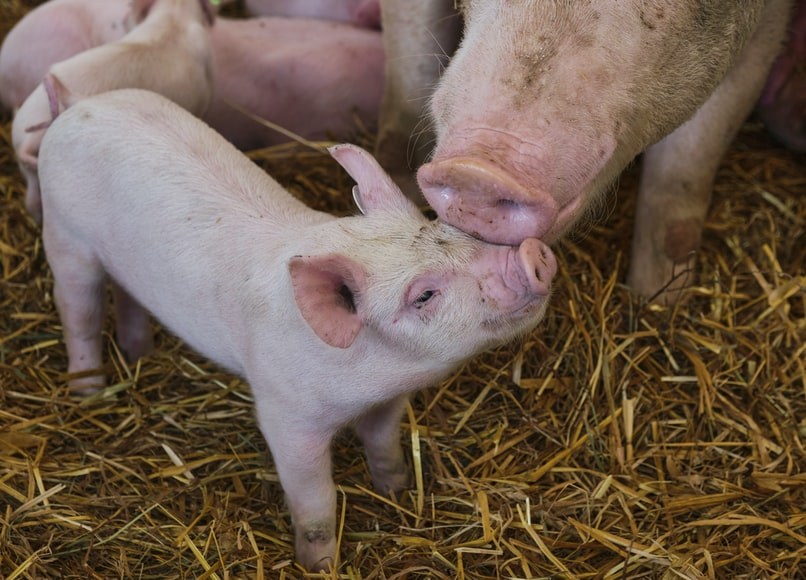The organic farming experienced sluggish growth last year, confirming a trend begun in 2022, according to a new report from Agentschap Landbouw en Zeevisserij, the Flemish agency for agriculture and fisheries.
The amount spent by residents of Flanders on organic products rose to more than €0.5 billion, but that was largely due to inflation, the agency reported.
At the end of last year, 636 farms in Flanders were producing organic products. This was 1.6% more than in 2022, but also the second-lowest growth rate in 15 years. The total area dedicated to organic farming remains nearly the same, while the proportion of land transitioning to organic farming is decreasing.
The number of organic livestock farmers has also declined for the second consecutive year. The organic livestock population dropped by 7 % and 37 farmers stopped organic production last year. Organic farmers now make up a total of 3% of all farmers.
As in 2022, a particularly negative trend has been observed among farms specialising in organic poultry and cattle. Their numbers have fallen back to 2019 levels. However, the number of organic pig and sheep farms appears to be stabilising.
Government support for the sector increased to €7.2 million last year, the highest amount in recent years. Most of this expenditure focused on encouraging organic production, but a significant portion was also allocated to research.
The total amount spent by households on organic products in Flanders has now topped €0.5 billion, mainly due to inflation.
“The organic market seems to be making a comeback after stagnation in 2022,” the agency concludes. "People typically buy organic products for health reasons or simply for the taste."

